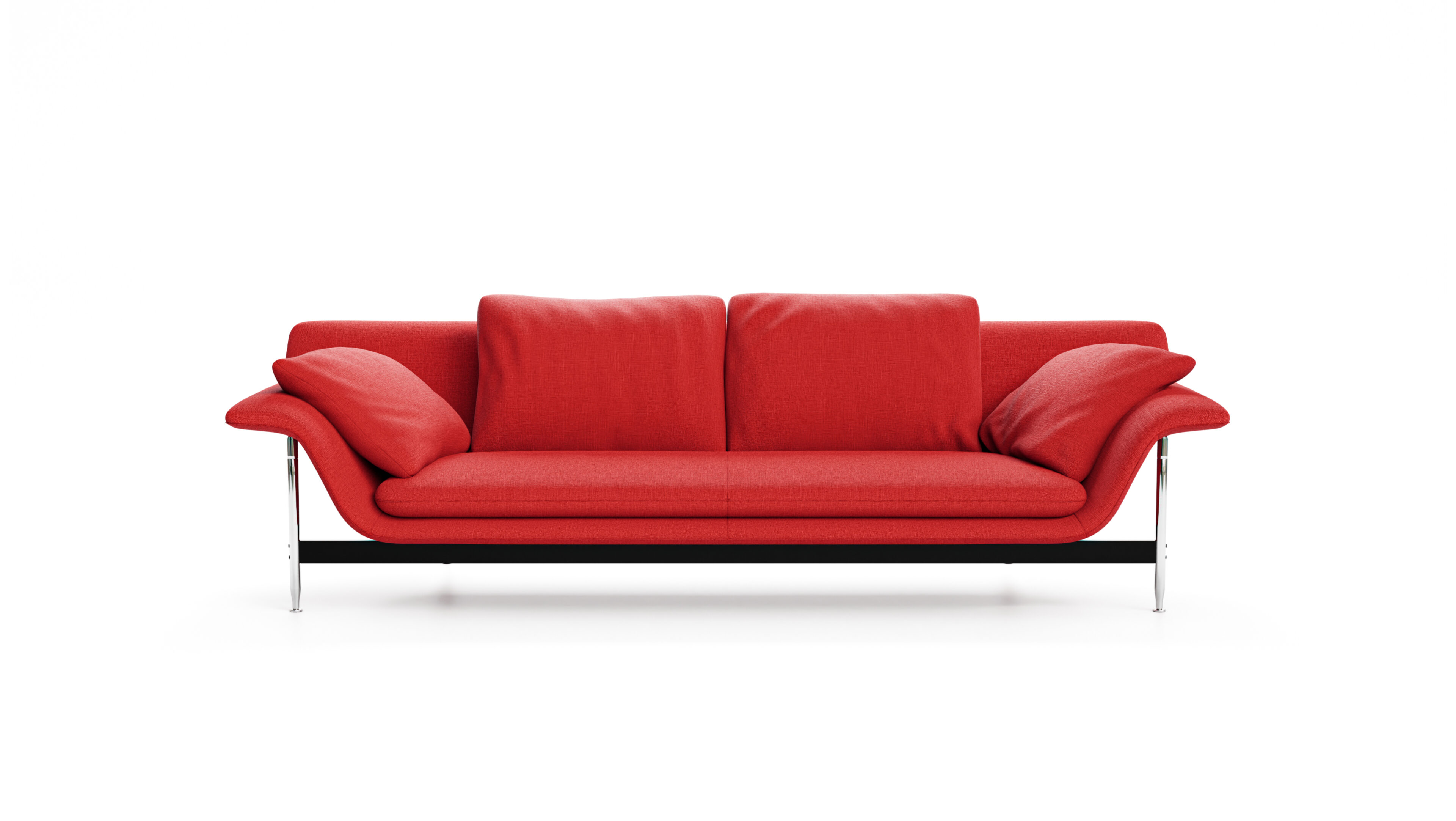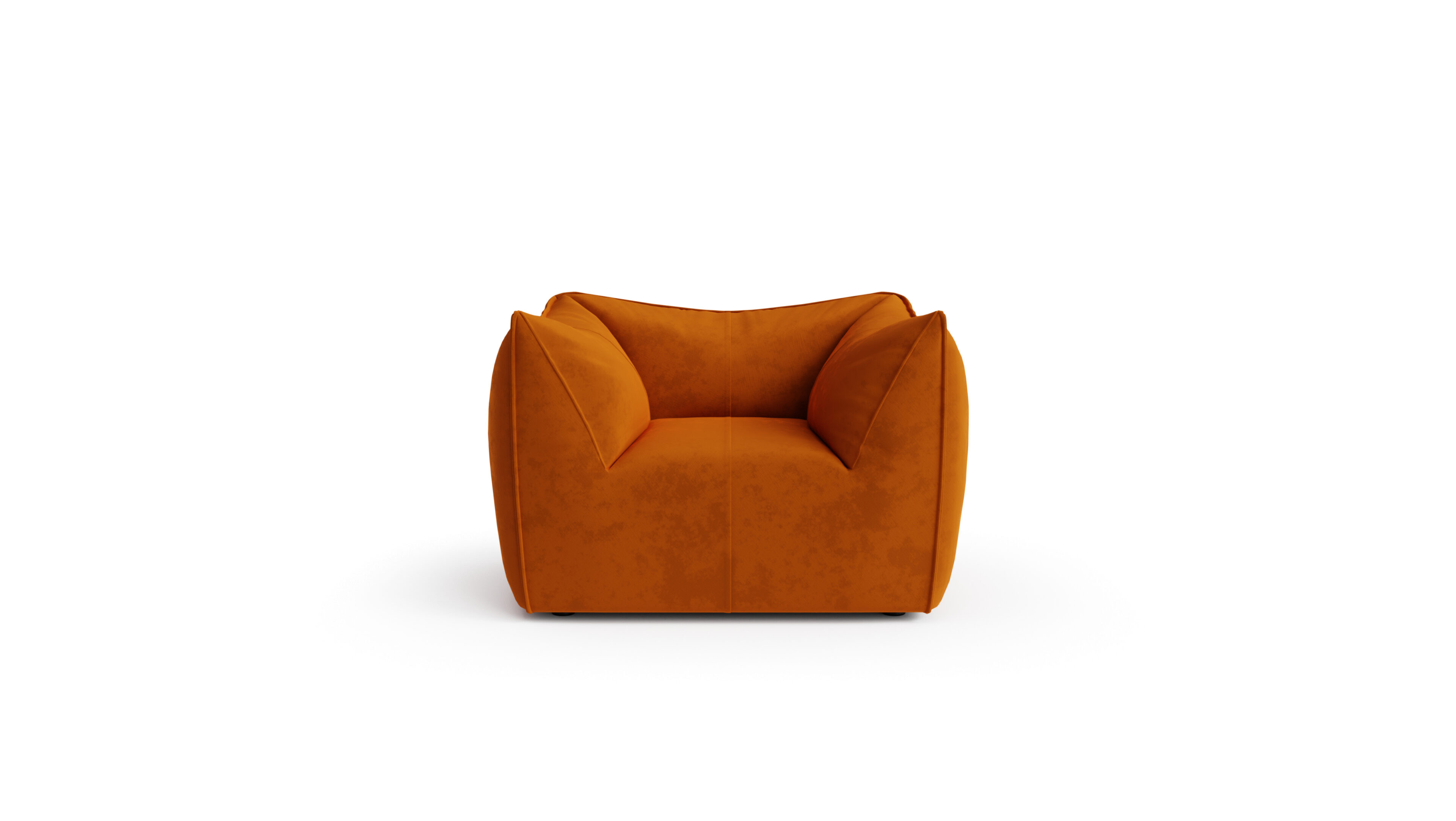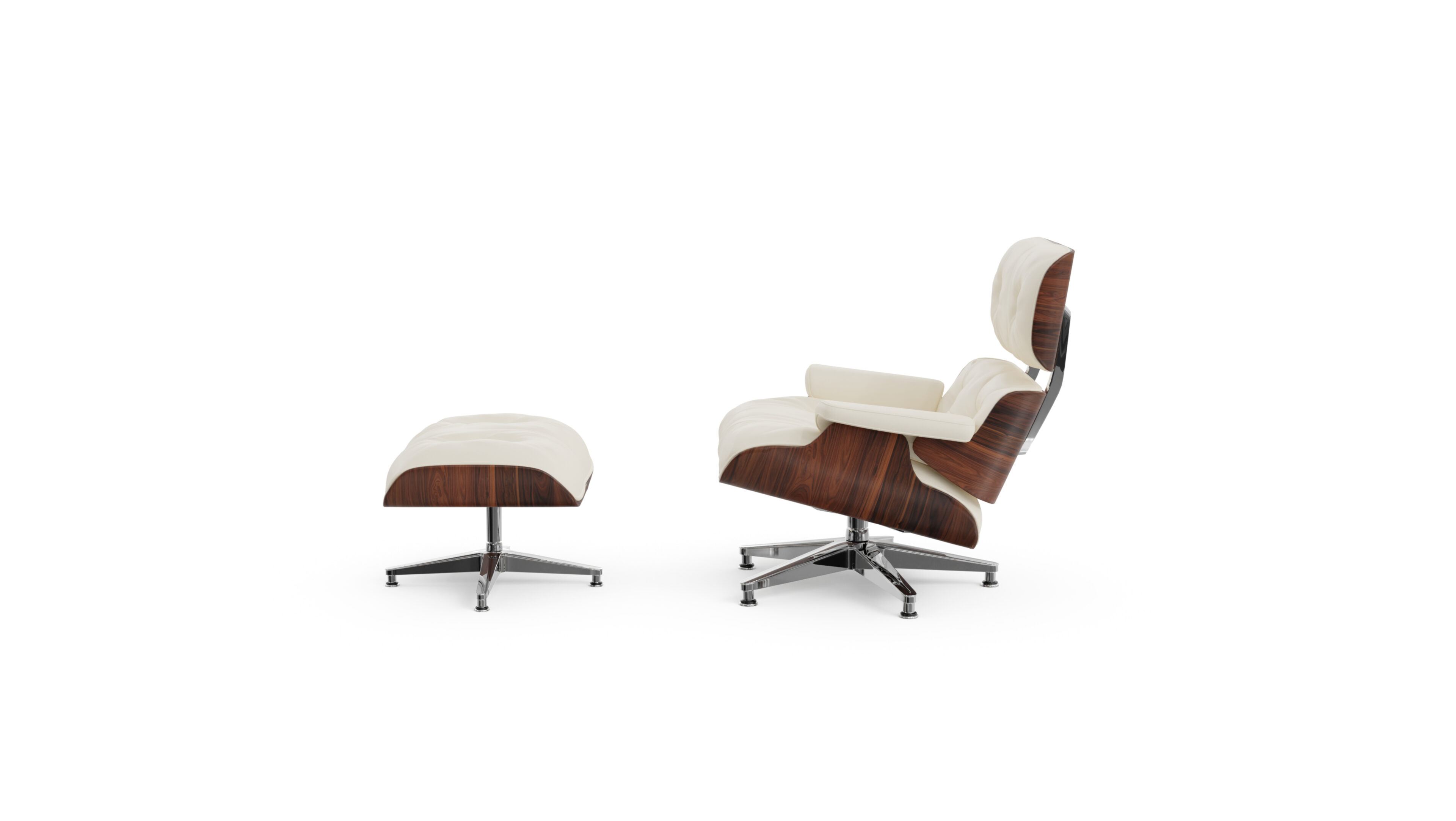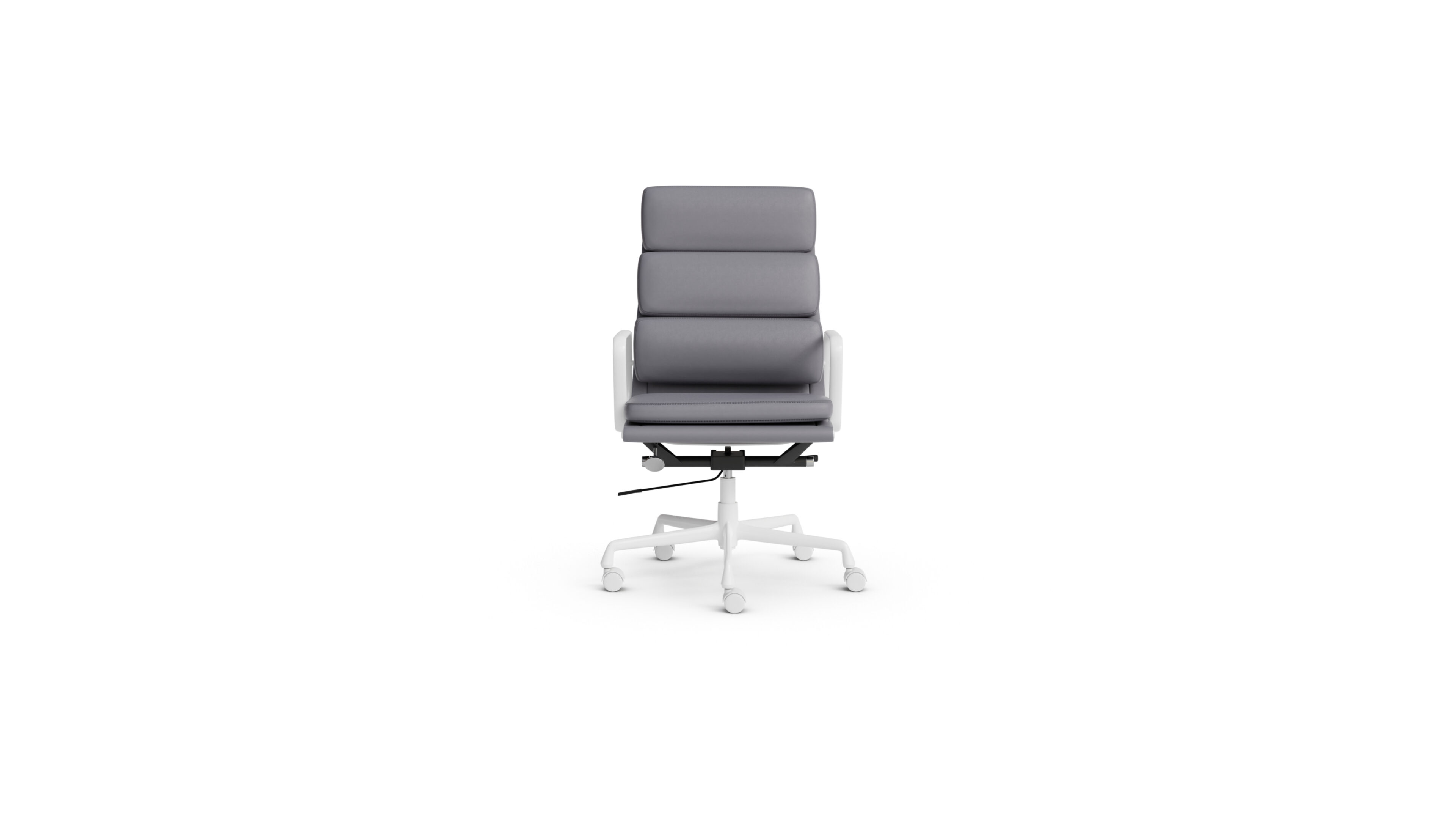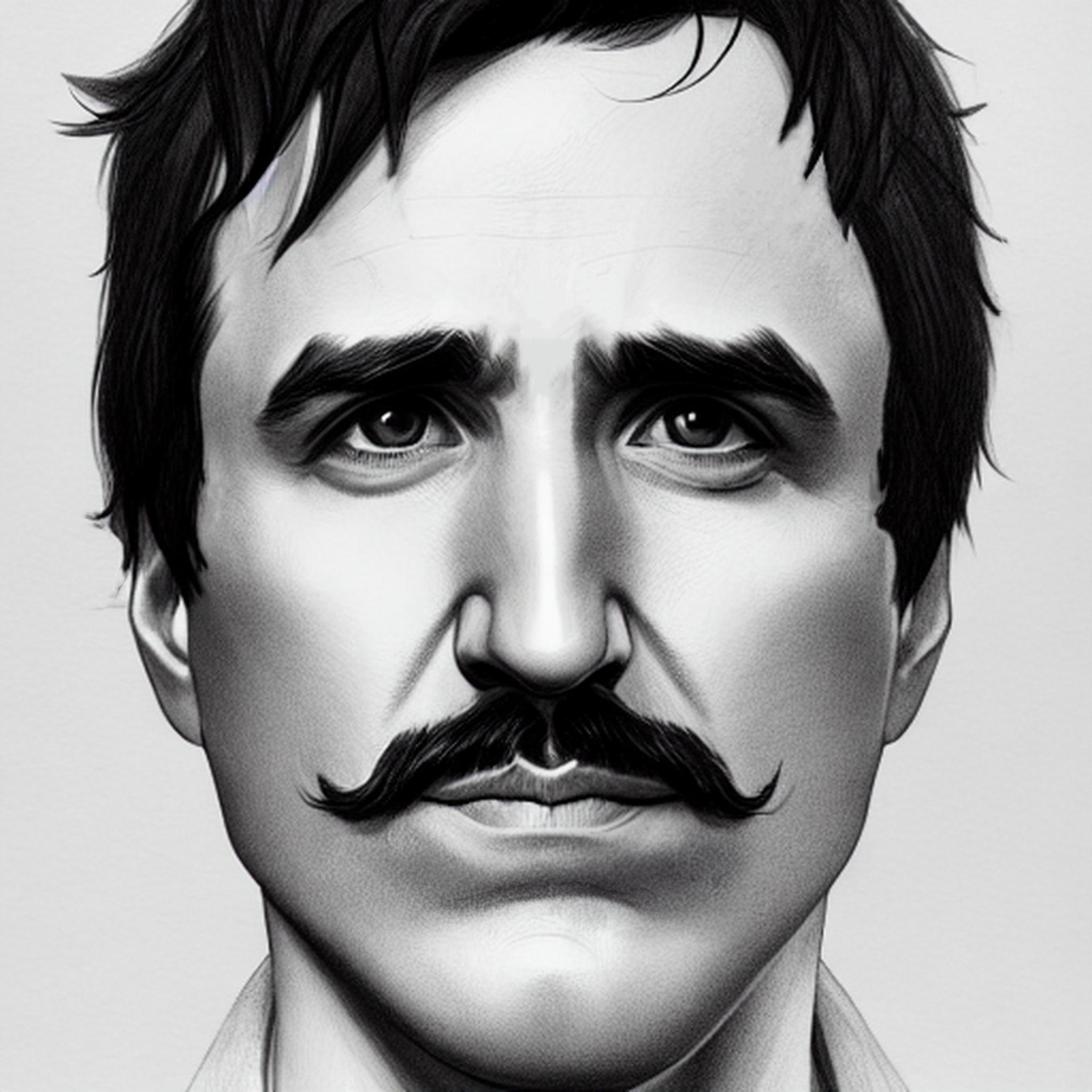
Klaus Uredat Biography
Klaus Uredat (born 1932) is a German industrial designer known for his innovative approach to furniture design, particularly in seating systems. He began his career in the 1960s, focusing on creating functional and adaptable furniture for modern living spaces. Uredat is renowned for his Corbis sofa seating system (1976) modular design system. Uredat’s work is characterized by clean lines, ergonomic considerations, and a focus on versatility. His designs have significantly influenced the development of modular furniture concepts globally.
Early Life and Education
Born in 1932 in Germany, Klaus Uredat grew up in a period of significant change and reconstruction in post-war Europe. This context likely influenced his later focus on functional and adaptable design solutions. While specific details about his early education are limited, it’s clear that Uredat developed a strong foundation in industrial design principles, which would later define his career.
Career and Achievements
Uredat’s professional career in industrial design began in the 1960s, a time of great innovation and experimentation in furniture design. He quickly established himself as a forward-thinking designer, particularly in the realm of seating systems. His approach was characterized by a keen understanding of the changing needs of modern living spaces and a desire to create furniture that could adapt to these needs.
One of Uredat’s most significant achievements came in 1976 with the creation of the Corbis sofa seating system. This modular design was revolutionary for its time, offering unprecedented flexibility and adaptability in home furnishings. The Corbis system allowed users to configure and reconfigure their seating arrangements to suit various needs and spaces, a concept that was ahead of its time and would go on to influence furniture design for decades to come.
Throughout his career, Uredat’s work has been recognized for its innovative approach to solving design challenges. His furniture pieces have been produced by notable manufacturers and have found homes in both residential and commercial spaces around the world.
Signature Designs
Klaus Uredat’s portfolio showcases his talent for creating functional, adaptable furniture. Some of his most notable works include:
1. Corbis Sofa Seating System (1976): This modular seating system is considered Uredat’s most iconic design. It offers unparalleled flexibility, allowing users to create various seating configurations.
2. Modular Office Systems: Uredat also applied his concepts of modularity and adaptability to office furniture, creating systems that could be easily reconfigured to meet changing workplace needs.
3. Ergonomic Seating: Throughout his career, Uredat designed various chairs and seating solutions with a focus on ergonomics and user comfort.
4. Storage Systems: In line with his modular approach, Uredat also created adaptable storage solutions for both home and office environments.
Design Philosophy and Approach
Uredat’s design philosophy centers on the principles of functionality, adaptability, and user-centered design. He believed that furniture should be able to adapt to the changing needs of users and spaces, rather than forcing users to adapt to static furniture designs.
A key aspect of Uredat’s approach was his focus on modularity. By creating furniture systems composed of interchangeable parts, he empowered users to customize their living and working spaces according to their individual needs and preferences. This approach not only offered practical benefits but also extended the lifespan of furniture pieces, as they could be reconfigured rather than replaced when needs changed.
Ergonomics played a crucial role in Uredat’s designs, particularly in his seating solutions. He understood that comfort and proper body support were essential for furniture that people would use daily, and he incorporated this understanding into his design process.
Aesthetically, Uredat’s work is characterized by clean lines and a minimalist approach. He believed that form should follow function, resulting in designs that are visually appealing in their simplicity and efficiency.
Legacy and Influence
Klaus Uredat’s influence on furniture design, particularly in the realm of modular and adaptable furniture, is significant and enduring. His innovative approach to creating flexible living solutions was ahead of its time and has become increasingly relevant in today’s world of changing work patterns and living situations.
The concept of modular furniture, which Uredat helped pioneer with designs like the Corbis system, has become a staple in both residential and commercial design. Many contemporary furniture designers and manufacturers continue to build upon the principles that Uredat established, creating adaptable solutions for modern living and working spaces.
Uredat’s work also contributed to a shift in how we think about furniture design. By emphasizing adaptability and user empowerment, he helped move the industry away from static, one-size-fits-all solutions towards more flexible, customizable options.
While perhaps not as widely recognized as some of his contemporaries, Uredat’s contributions to industrial design have had a lasting impact. His work continues to be studied and admired by designers and design enthusiasts, serving as an example of how innovative thinking can lead to solutions that stand the test of time.
Klaus Uredat FAQs
What is Klaus Uredat best known for?
Klaus Uredat is best known for his innovative modular furniture designs, particularly the Corbis sofa seating system introduced in 1976. His work focused on creating adaptable and functional furniture for modern living spaces.
What is the Corbis sofa seating system?
The Corbis sofa seating system, designed by Uredat in 1976, is a modular furniture system that allows users to configure and reconfigure their seating arrangements to suit various needs and spaces. It was revolutionary for its time and significantly influenced modular furniture design.
How did Uredat’s designs influence modern furniture?
Uredat’s focus on modularity, adaptability, and ergonomics in furniture design has had a lasting influence on the furniture industry. His concepts of flexible, user-configurable furniture systems have become increasingly relevant in modern interior design and continue to inspire contemporary designers.
What are the key characteristics of Uredat’s designs?
Uredat’s designs are characterized by clean lines, ergonomic considerations, and a focus on versatility. He emphasized functionality and adaptability, creating furniture that could be easily reconfigured to meet changing needs.





